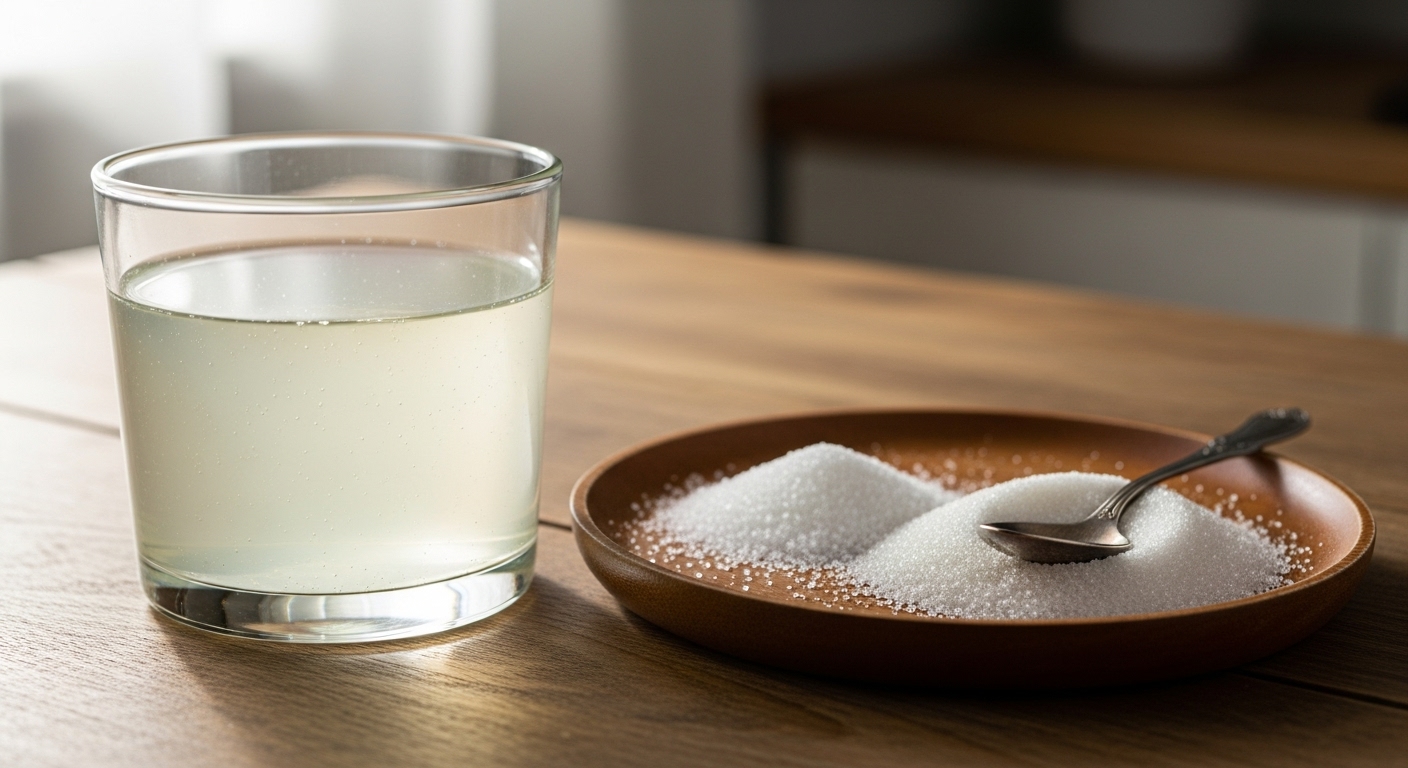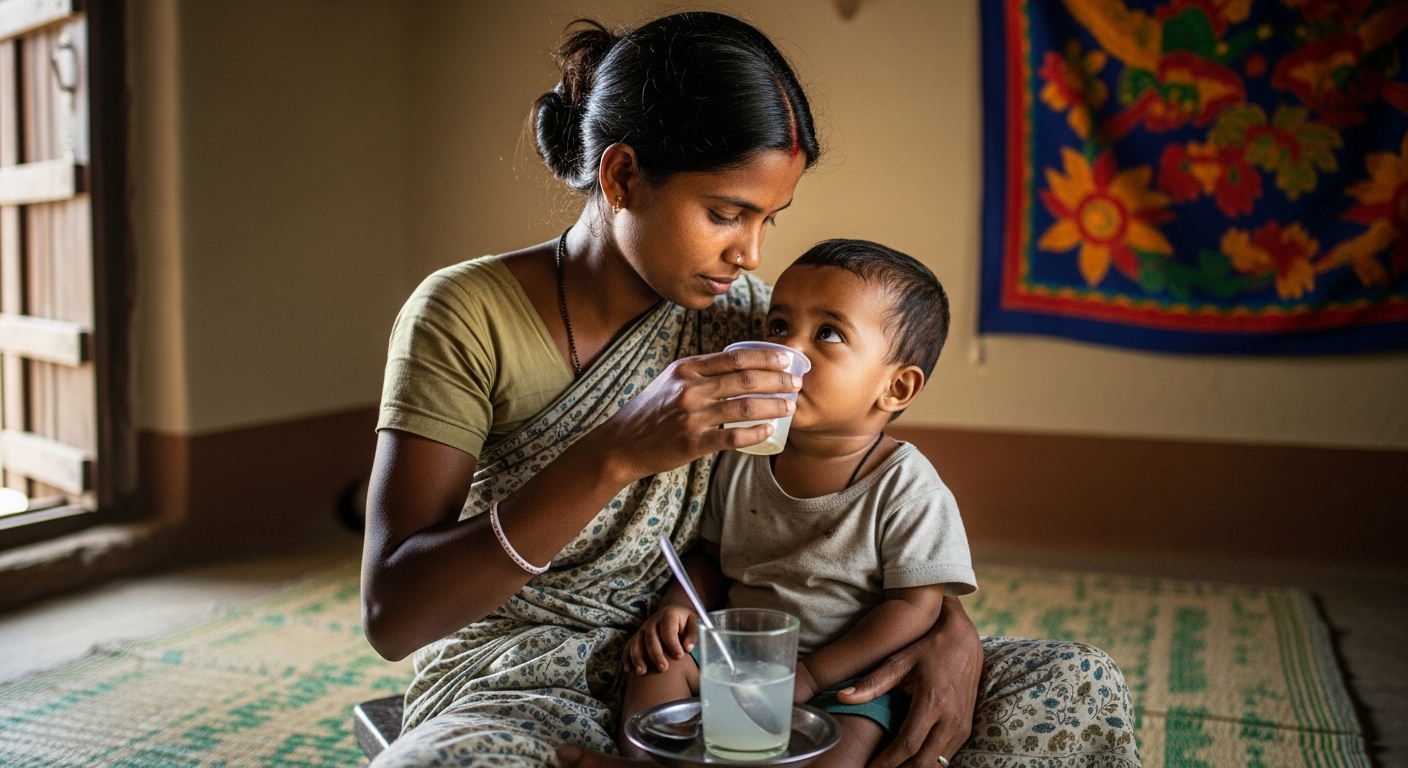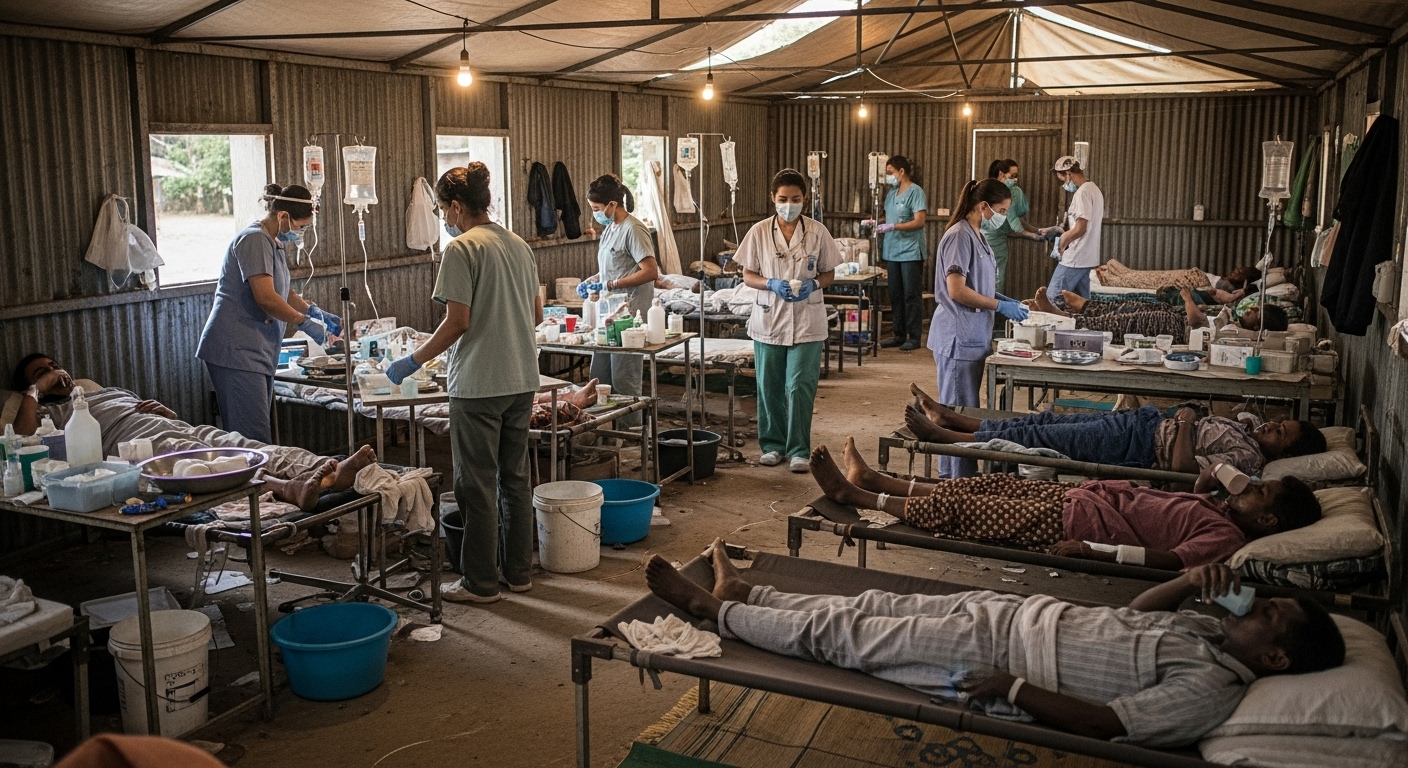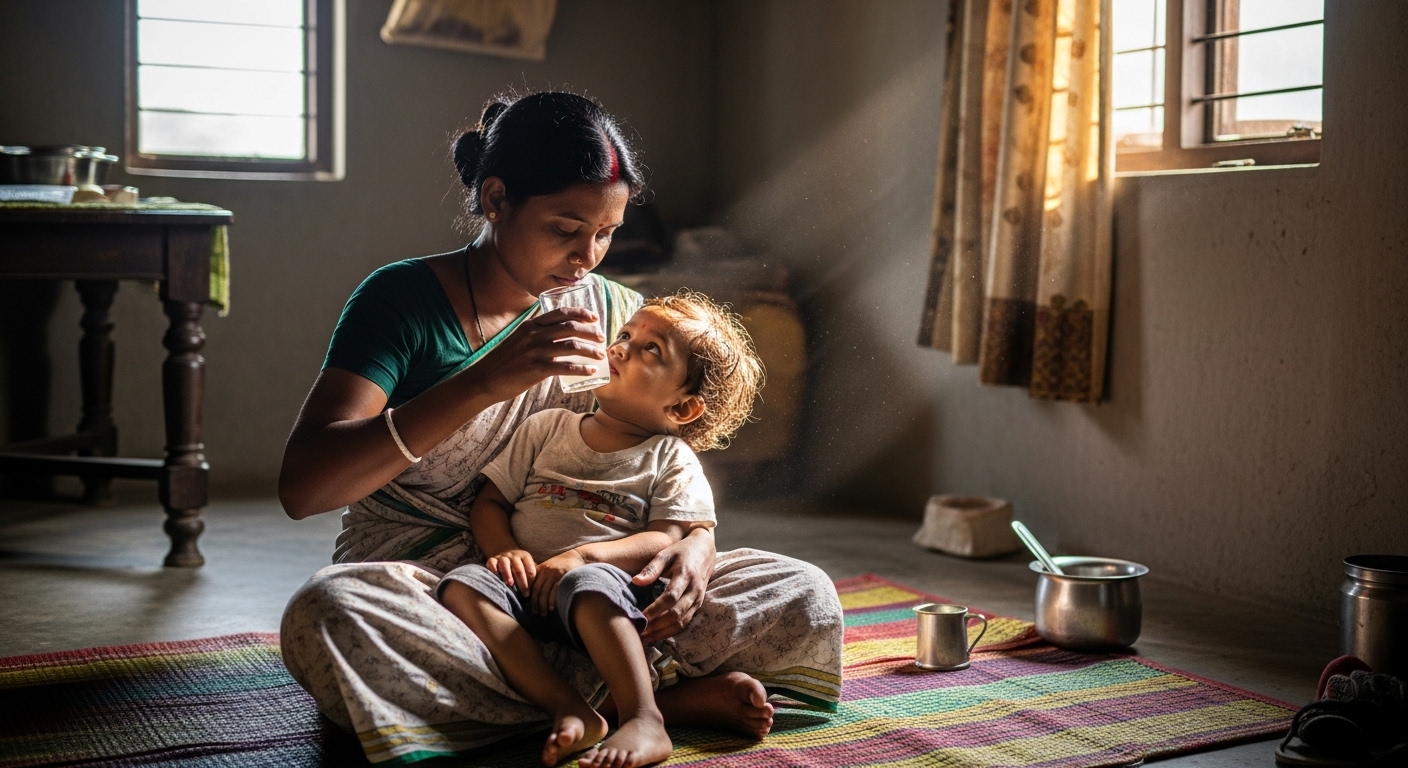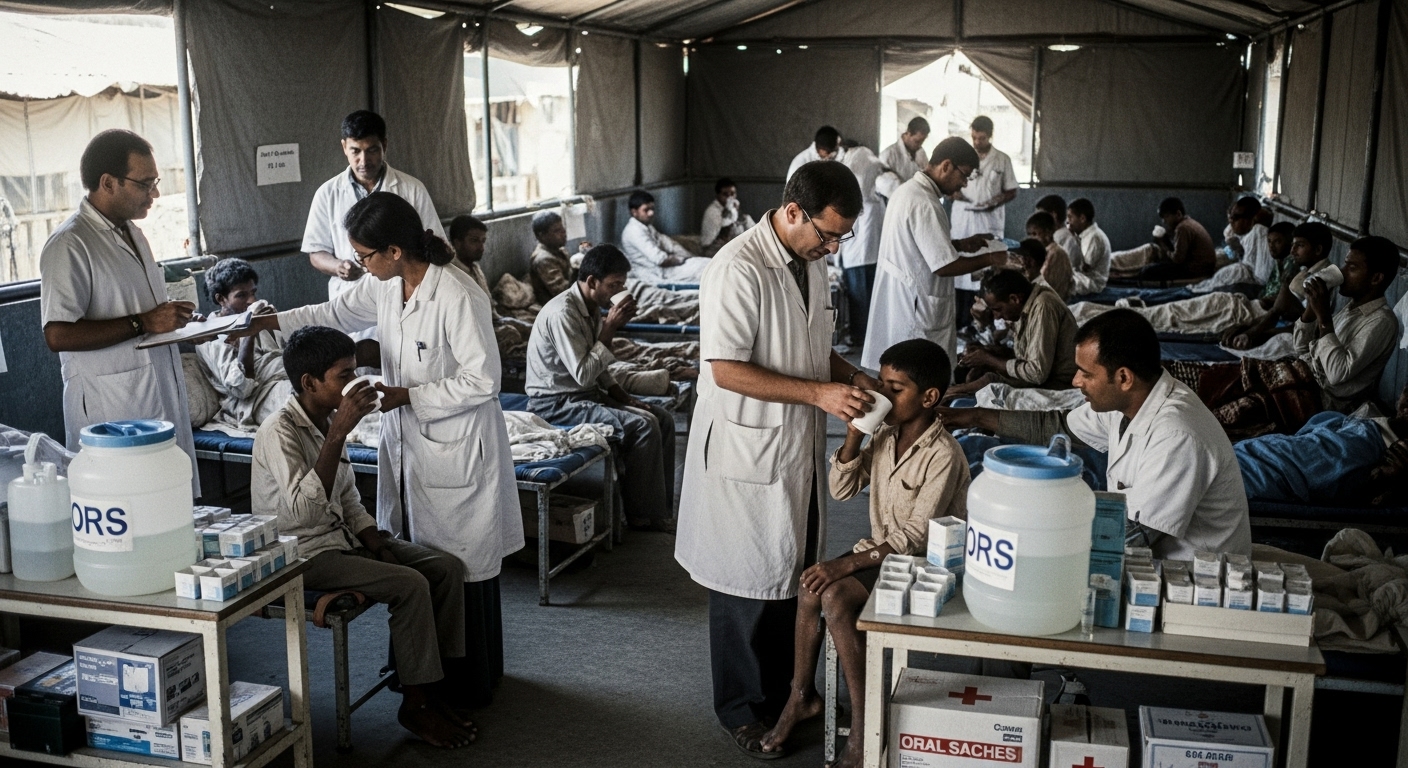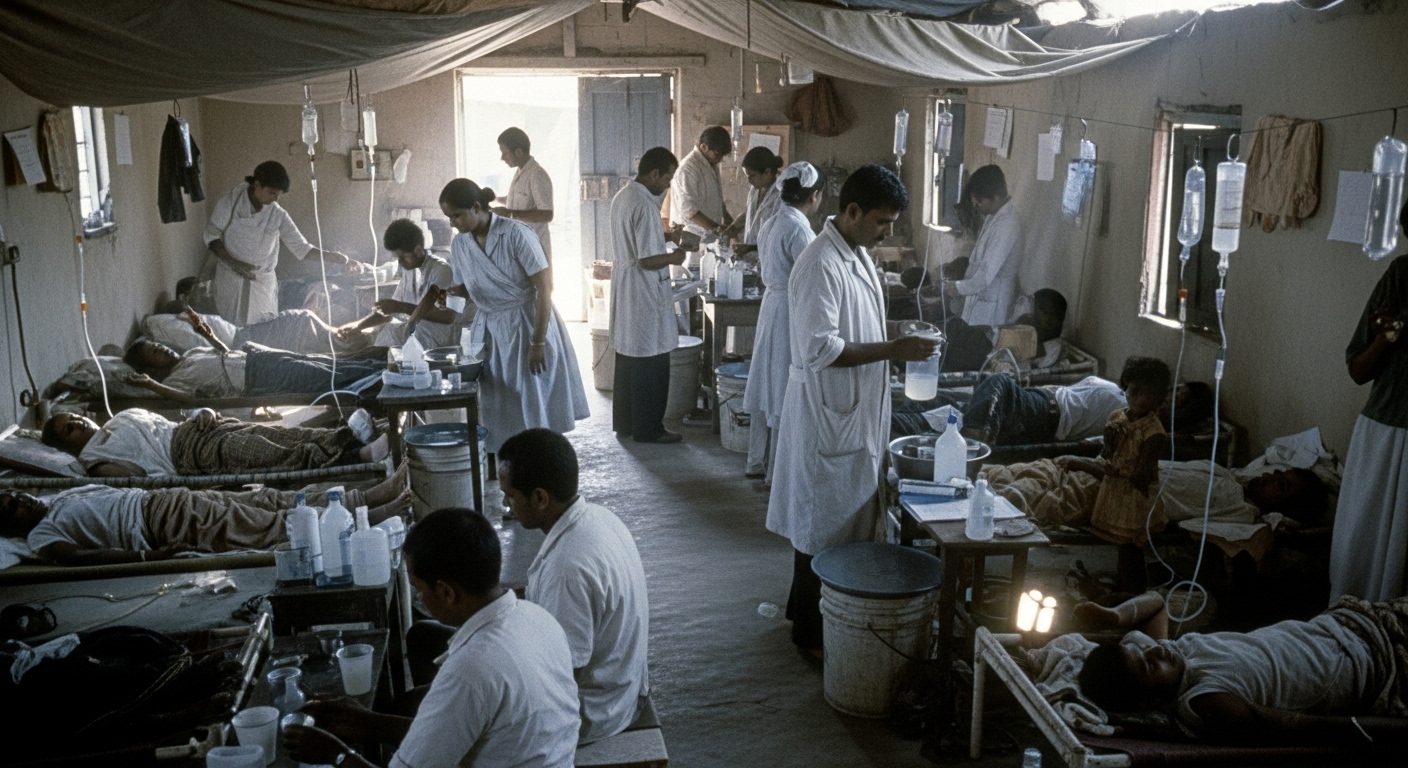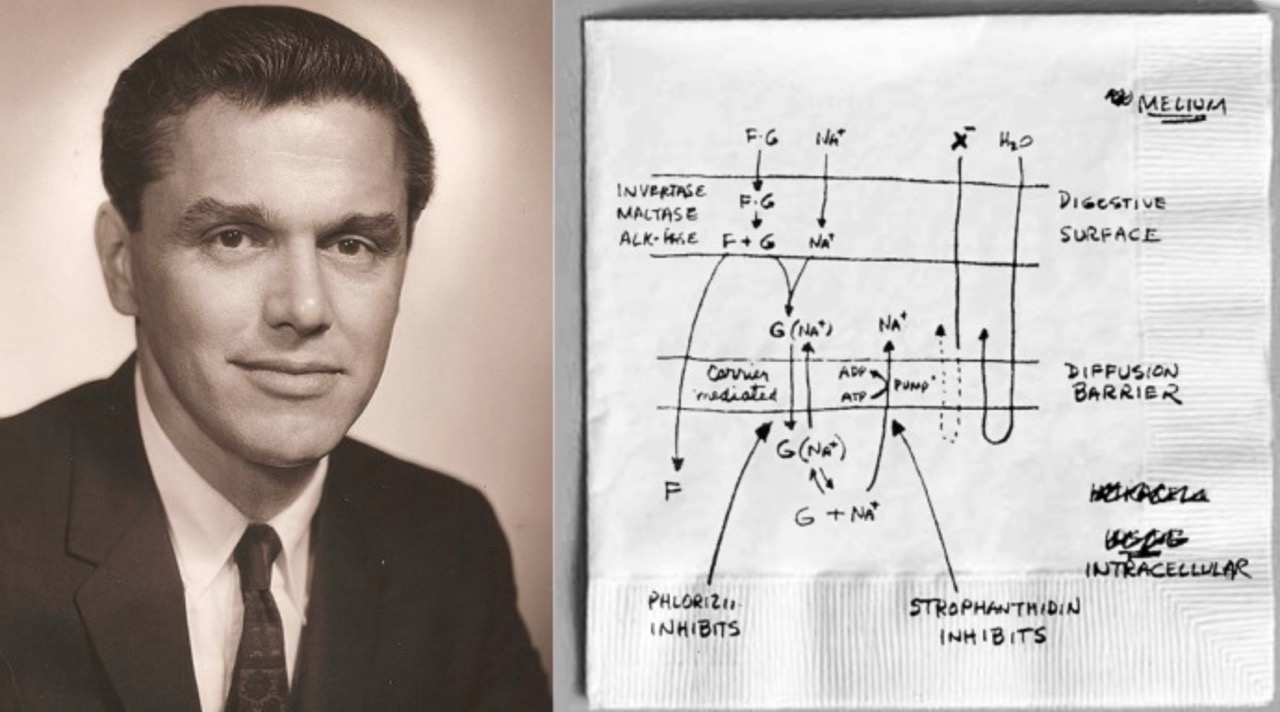Oral Rehydration for Adults: Practical Treatment Guide
Dr. Kumar’s Take:
For adults, dehydration from diarrhea, fever, or heat illness can develop quickly—but it’s preventable. Oral rehydration therapy works by harnessing the body’s sodium glucose transport mechanism. The key is using the correct ratio of ingredients. This post walks through how to make it safely, why it works, and when to seek medical care.
Key Takeaways:
✔ A properly mixed ORS restores hydration as effectively as IV fluids in most mild to moderate cases.
✔ The correct ratio of salt, sugar, and clean water is critical—too much salt can worsen dehydration.
✔ Homemade ORS can be life-saving when commercial packets are unavailable.
✔ Even adults benefit from prompt rehydration during illness or heat exposure.

